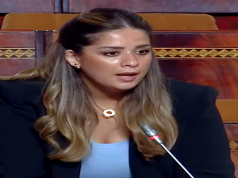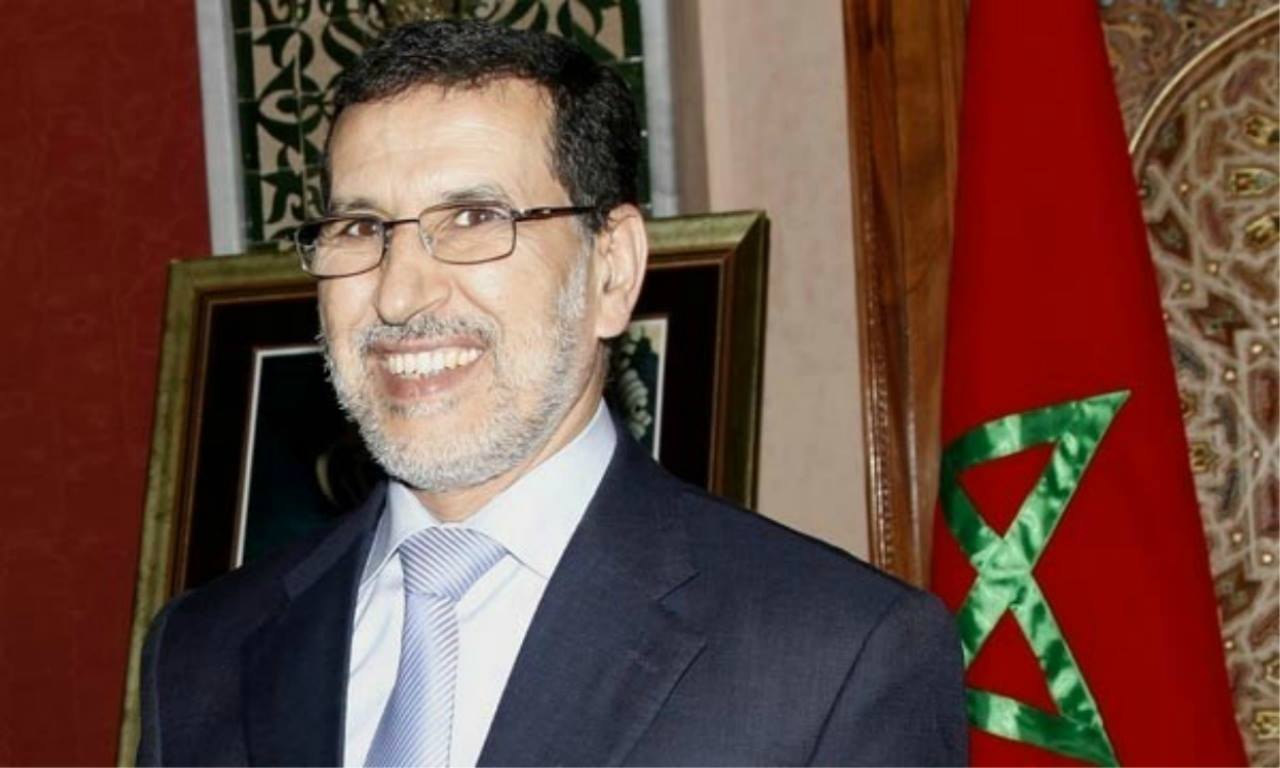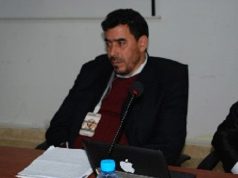
A transatlantic network of grassroots Muslim theologians, Imams, academics, social scientists, and policy experts is launching a new trans-sectarian project, perennial, on International Women’s Day, to correct entrenched misreadings of Islam among Muslim and non-Muslim communities.
Founded by twenty-five Muslims from the US, Britain, France, and the Netherlands, the digital educational project uses online and social media tools to open up authentic Islamic scholarly traditions to interdisciplinary analysis. The new website, www.perennialvision.org, contains comprehensive and rigorously researched resources on jihad, the caliphate, shari’ah law, and gender, among other issues.
According to the perennial project, authenticated classical Islamic sources prove that gender equality is an axiomatic Islamic principle. Launching on International Women’s Day on 8th May 2016, perennial refutes prominent patriarchal theological interpretations on domestic violence, female genital mutilation, forced marriages, underage marriages, fixed gender roles, and polygamy as an unquestionable male privilege.
The project’s goal is to catalyse positive change from within Muslim communities through information, education, and inspiration. Project convener, social scientist Dr. Nafeez Mosaddeq Ahmed, said:
“Unfortunately, the way in which Islam is largely taught today in mosques and madrasas focuses almost entirely on ritual practice and rote learning of Islamic texts. As a result, many Muslims have no idea what the Qur’an and Prophet said about the big issues – Islam’s radical approach to gender equality, freedom of belief, and freedom of speech; the concept of the ‘ummah’ as a pluralistic community of communities that included non-Muslims; the Prophet’s love of Jewish and Christian people; the Prophet’s sanctification of the demos – the common people – as the core of politics; his egalitarian reforms to elevate the poor and vulnerable; and even his treatment of the environment and animal rights. Much of the extremism that both Muslims and non-Muslims attribute to Islam accumulated through innovations (bidah) that occurred long after the Prophet’s death. We’re clearing away many of these distortions so that an accurate understanding of the original Qur’anic-Prophetic model is more accessible to the wider public. This includes highlighting a wealth of little-known traditional sources on Islam’s zero-tolerance approach to crimes like rape and domestic violence.”
The perennial project is completely independent and self-financed, and draws on a combination of classical Islamic scholarship and modern historical methods.
Over the next year, perennial aims to expand its research and produce multimedia, audio-visual, artistic productions and events to reach as wide an audience as possible across the English-speaking world.





